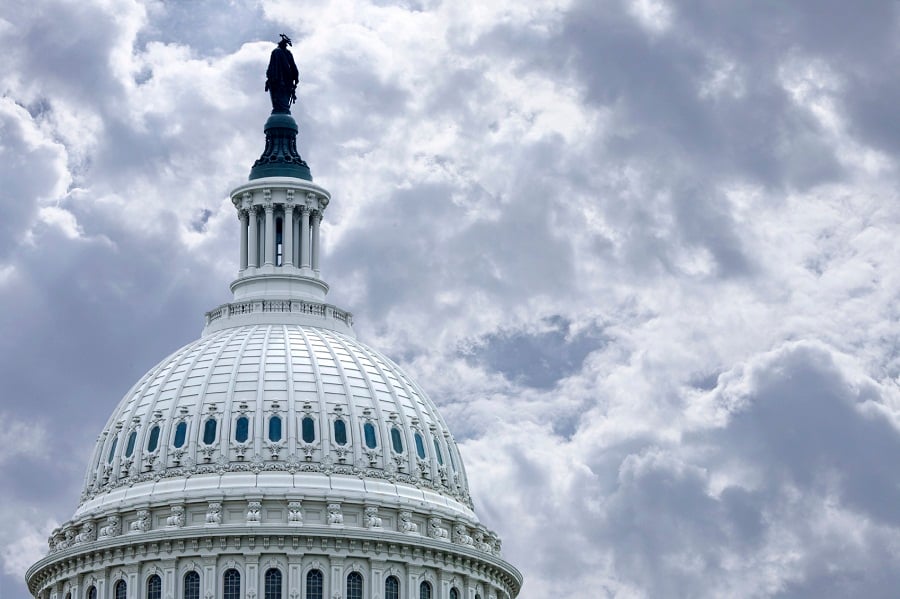More than two dozen Democratic lawmakers are asking the Labor Department to extend the comment period on a controversial rule that would raise investment advice standards for brokers working with retirement accounts.
House and Senate Democrats sent separate letters this week to Labor Secretary Thomas Perez asking him to add 45 days to the 75-day comment period, due to end July 6. The legislators' requests echo a similar plea from the financial industry.
The rule, which is designed to reduce conflicts of interest for brokers advising clients with 401(k) and individual retirement accounts, was
released on April 14 with strong backing from President Barack Obama. Mr. Obama said the rule would protect workers and retirees from investment advice that benefits brokers more than it does them.
COMPLEXITY
Lawmakers cited the complexity of the rule in asking for a longer comment period. It is hundreds of pages long and includes a provision that allows brokers flexibility in compensation as long as they agree to be legally bound to acting in the client's best interests — a bar that investment advisers already meet.
Rep. Frederica Wilson, D-Fla., wrote in a May 6 letter to Mr. Perez that the new proposal differs significantly from the original proposal that DOL withdrew in 2011. The agency pulled the measure back after fierce resistance from the financial industry, which claimed that it would significantly increase regulatory and liability costs for brokers and force them to abandon clients with small accounts.
“Considering the importance, scope and increased size of this proposal, it is vital that our constituents, Congress, and all other interested parties have the opportunity to fully understand all of these changes prior to providing the department with feedback regarding the proposal,” Ms. Wilson wrote in a letter signed by 17 other House Democrats.
A day earlier, on May 5, Sen. Jon Tester, D-Mont., and eight of his Democratic colleagues sent a similar letter to Mr. Perez also asking for a 45-day extension of the comment deadline.
“The growing gap between what Americans need and what they have [for retirement] is in the trillions of dollars,” Mr. Tester wrote. “That's why it's critically important that those representing different interests across the retirement spectrum have an ample amount of time to submit comments to the Department of Labor on this proposed rule.”
A DOL spokesman acknowledged that the agency received the letters but declined to comment further.
The agency said that after the 75-day comment period ends, it will hold a public forum within 30 days, publish the transcript and then take comments again.
That is more than ample time for comment, according to Save Our Retirement, an umbrella organization of groups that support the DOL fiduciary-duty rule.
In a May 8 letter to Mr. Perez, Save Our Retirement said 75 days is longer than the 60-day window deemed appropriate by an executive branch order and more than twice as long as the minimum 30 days.
“There is no justification for further delay in the effort to close the loopholes in the DOL’s outdated rules that are costing American workers and retirees tens of billions of dollars annually,” states the letter, which was signed by officials of AARP, the AFL-CIO, AFSCME, Americans for Financial Reform, Better Markets, Consumer Federation of America and the Pension Rights Center.
The letter added, “The industry’s request for an extension also strains credibility, since they have massive resources and expertise at their disposal and can undoubtedly analyze the proposed rule and prepare their comments well within the 75-day comment period.”
The
clock is ticking on whether the rule can be finalized before the end of the Obama administration.
“There are members of Congress in both parties who are indifferent to the content of the rule and are trying to kill it — and delay is part of that strategy,” said Barbara Roper, director of investor protection at the Consumer Federation of America.
She took comfort in the fact that the Democratic letters did not call for the DOL to withdraw the new rule. The muted tone was attributed to Mr. Obama's strong endorsement of the measure.
“It doesn't look great to be out there lobbying for Wall Street against Main Street when your president has taken a public position,” Ms. Roper said.







